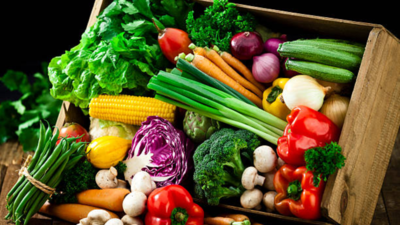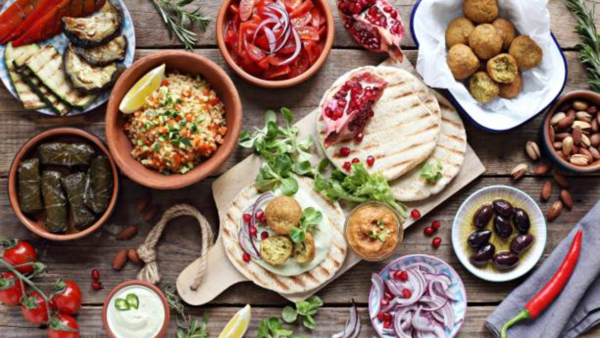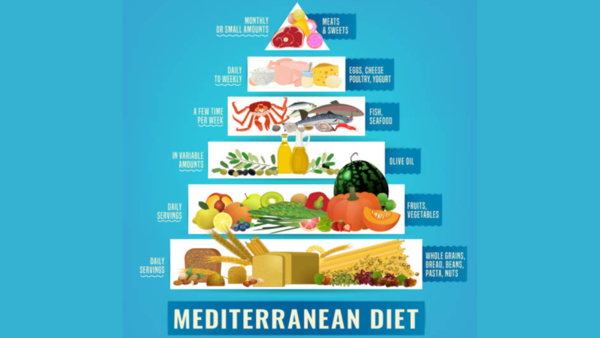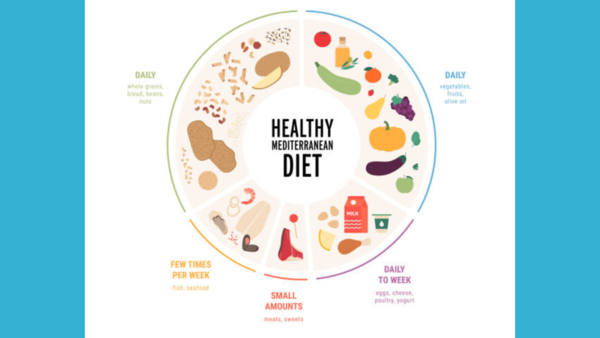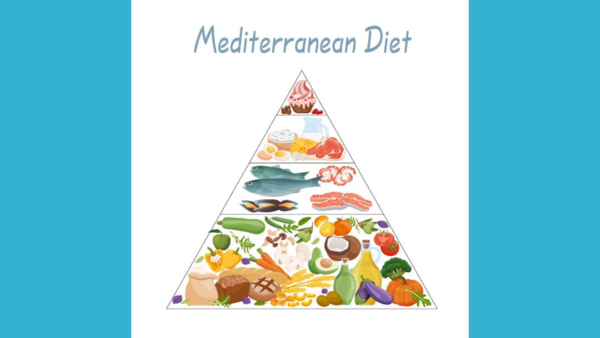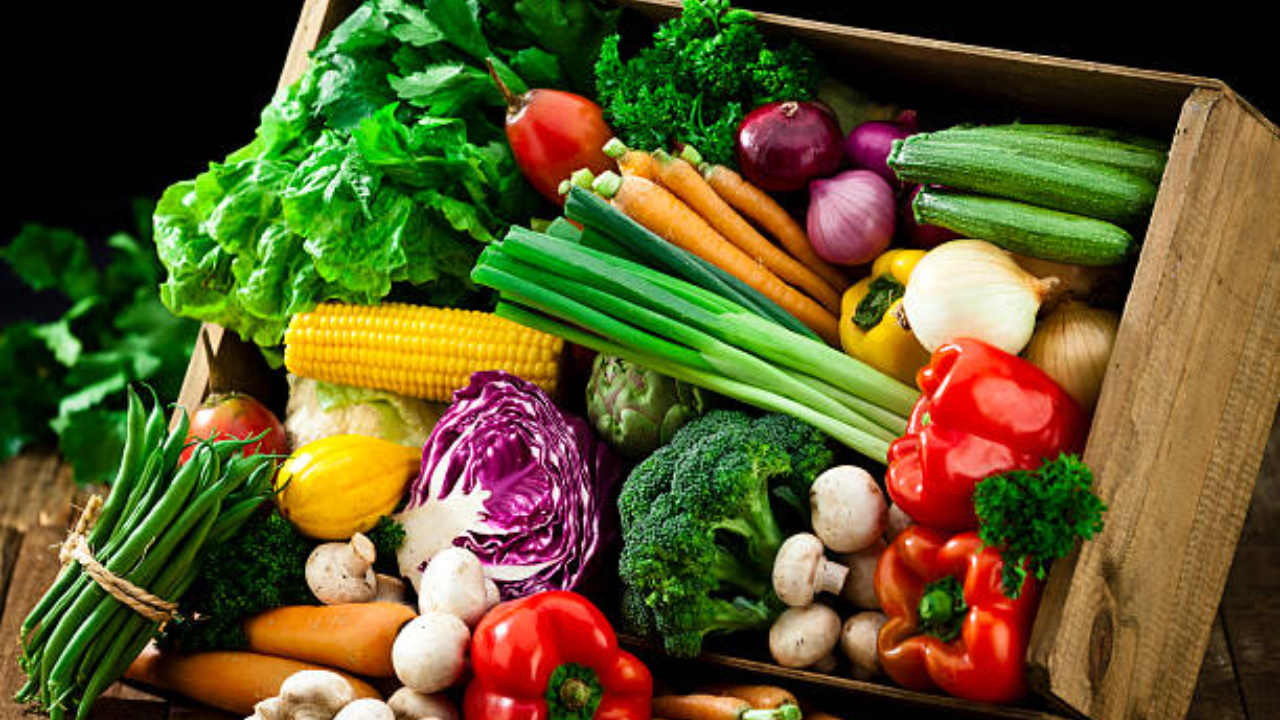A healthy diet is more than just a necessity—it’s a lifestyle that fuels your body and mind. Think of it as a daily act of self-care, where every meal is an opportunity to nourish yourself. By choosing colorful fruits and vegetables, you are giving your body essential vitamins, minerals, and antioxidants that keep you vibrant and strong.
“A healthy and balanced diet is vital to staying healthy. It ensures that the body gets the much-needed vitamins, minerals, and energy to run efficiently. Fresh fruits, vegetables, whole grains, and proteins can also aid in strengthening your immune system, whereby chances of suffering chronic diseases like diabetes and heart problems become slim, hence good well-being for your well-being. Healthy diets also help keep the digestive system great, balance mental conditions and ensure a healthy weight. Avoiding processed foods and eating mindfully can lead to long-term health benefits and a more active lifestyle,” says Dr. Pankaj Chaudhary, Senior Consultant- Internal Medicine, Max Super Speciality Hospital Vaishali.
Never fall into the trap of convenience when it is about food
“Busy lifestyle, cravings, and lack of time for proper meal preparation also make it tough for many individuals to maintain their healthy diet. Fast food, junk food, and processed snack items are quite tempting and are easier to avail of. Various social events and stress also distract them from having a healthy meal. Some even don’t have knowledge about a proper diet; they are rather a victim of various cultural and family influences. Building healthy habits requires discipline, planning, and motivation, which most people find challenging to maintain over the long haul,” says Ms. Parmeet Kaur, Unit Head – Dietetics & Nutrition, Marengo Asia Hospitals, Gurugram.
“A lack of a proper diet causes serious health issues including obesity, diabetes, heart disease, high blood pressure, lowers the immunity of the body and increases susceptibility to infection. It causes low energy, digestive problems and causes mental health problems, which results in mood swings and low concentration. In the long run, it increases the probability of a person suffering from chronic diseases and weakens bones and impinges over his quality of life,” Ms Kaur adds.
Stressing on the role of a good diet, Dr. Chaudhary says, “A well-balanced diet is essential for every age group. A well-balanced diet should be made of a mix of whole grains, fruits, vegetables, proteins, dairy, and healthy fats. These are necessary to help with growth, energy, and immunity. The diet is responsible for developing the child’s development, maintaining adult health, and building the bone and muscle in older ages. Limitation of excess sugar, salt, and processed food is as important. A healthy diet encourages well-being in the long run, prevents diseases, and keeps people active at each stage of life.”
Best diet of 2025
The U.S. News & World Report 2025 edition has released the list of
best diets of 2025
. The
Mediterranean diet
tops the category for the 8th year in a row. It has scored a 4.8 out of 5 based on several parameters like nutritional profile, health benefits, sustainability and evidence-based effectiveness. “The Mediterranean diet focuses on quality and lifestyle rather than a single nutrient or food group. Numerous studies have shown that this dietary model reduces the risk of certain chronic health conditions, such as cardiovascular disease and Type 2 diabetes, while promoting longevity and improving quality of life,” the report says.
The second in the list is the DASH diet, which is commonly referred to as the heart healthy diet.
Semi vegetarian diet or flexitarian diet comes third in the list followed by MIND Diet, MayoClinic diet, TLC diet, Menopause diet, and others.
Why is the Mediterranean diet the healthiest one?
The Mediterranean diet is considered the healthiest in all because it takes care of a holistic and sustainable approach to healthy eating while laying an emphasis on whole, nutrient-dense foods. It derives its roots from traditional cuisines from all Mediterranean bordering countries. It majorly focuses on fresh fruits and vegetables, whole grains, nuts, and seeds. Healthy fats such as olive oil are an important part and can help give protective benefits to the heart and minimize inflammation.
Mediterranean diet may be the key to ‘healthy ageing’
Rich in lean sources of protein from fish and legumes, it promotes muscle health and omega-3 fatty acids, which support brain function and cardiovascular health. Red meat and processed foods are consumed in limited amounts, hence saturated fats and harmful additives.
It also has high fiber content from whole grains and vegetables, which maintains good digestive health and helps keep blood sugar under control. Other hallmark foods include berries and leafy greens that form a key component of the Mediterranean diet; they protect against chronic diseases through combating oxidative stress.
What can you eat in a Mediterranean diet?
The Mediterranean diet is a celebration of fresh, flavorful, and wholesome foods. Central to this way of eating are plenty of vegetables, fruits, whole grains, and legumes. Think vibrant salads with cucumbers, tomatoes, and leafy greens or hearty lentil soups paired with whole-grain bread. Olive oil is the primary fat, used for cooking, dressings, and even dipping, offering heart-healthy benefits.
Lean protein sources like fish, seafood, chickpeas, and lentils are included in this diet. In this diet dairy is included in moderate portions, usually as yogurt or cheese, with the purpose of providing a creamy texture and rich flavor to dishes.
Nuts and seeds, for example, almonds or sunflower seeds, make excellent snacks or toppings. Fresh herbs and spices such as basil, oregano, and garlic are added to flavor dishes without salt. Red meat is eaten very little, and sweet treats are substituted with fruits naturally sweet.
The Mediterranean diet isn’t just about food—it’s about enjoying meals with loved ones, enjoying every bite, and prioritizing quality over quantity. Paired with an active lifestyle, it’s a delicious and sustainable way to support long-term health.
Simple lifestyle habits to go with a Mediterranean diet
To truly embrace the Mediterranean diet, pair your eating habits with simple lifestyle changes that enhance its benefits.
Engage in physical activities; never forget your exercise sessions. Aim for activities you enjoy to make staying active a natural part of your routine; it can be brisk walk, gardening, cycling, or yoga.
Shared meals are also a big part of the Mediterranean lifestyle. It encourages you to sit down with family or friends, savor your food, and have meaningful conversations and this promotes mindfulness and reduces stress. Another important aspect is to cook your own meal. Cooking your own meals lets you control the ingredients and enjoy the creative process; try Mediterranean recipes to make it fun and nourishing. Indulge in a little wine or desserts in moderation, quality over quantity. Together, these habits complement the Mediterranean diet, creating a joyful and sustainable approach to health for body and mind.
I’m Manas Ranjan Sahoo: Founder of “Webtirety Software”. I’m a Full-time Software Professional and an aspiring entrepreneur, dedicated to growing this platform as large as possible. I love to Write Blogs on Software, Mobile applications, Web Technology, eCommerce, SEO, and about My experience with Life.

